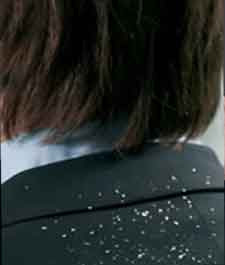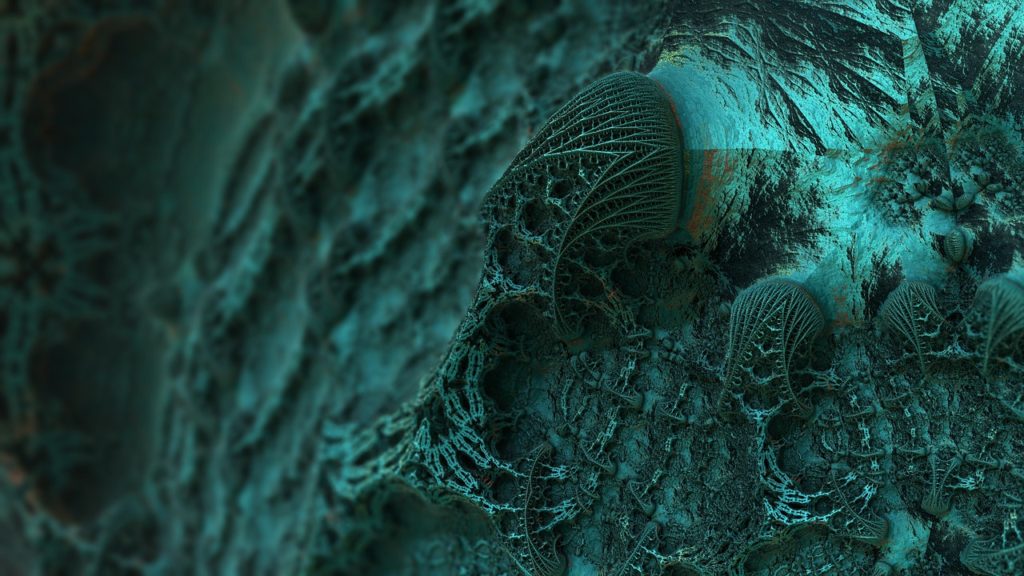Question: Does vinegar go bad?
Answer: Vinegar is composed mainly of acetic acid and water. It is made by transforming an alcohol substance like wine into acetic acid. The transformation occurs when a bacteria is introduced into the alcohol, which works to eliminate the sugar as the vinegar ages.
Before you start second guessing the freshness of that rarely used vinegar hidden deep in the cupboard, consider the follow two things. Firstly, certain types of vinegar are aged for several years before they are even sold to consumers. Some age for a decade or more without a concern of spoilage. Head over to the birthplace of balsamic vinegar, Italy, and you can find vinegar aged in attics with wide fluctuations of temperatures over the year. This clearly is not how you would store something that was prone to spoilage. Secondly, vinegar is used to preserve other foods, therefore, you could say it preserves itself.
Vinegar does not go bad because it contains high acetic acid. Generally, it has about 5-10% acetic acid per bottle. This is enough to deter bacteria growth. As time passes, you may notice a cloudy texture or discoloration. This is a normal process of aging vinegar and generally does not disturb the taste.
Additionally, some vinegar will contain the “mother”, which can have the appearance of a tiny jellyfish. While visual unpleasant and possibly creepy to some, the mother is harmless and is what helps transform alcohol into vinegar. You can actually remove the mother from vinegar and start a new batch of vinegar with it.



